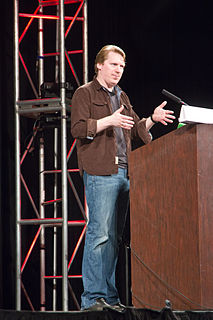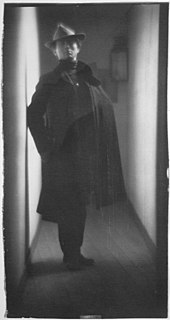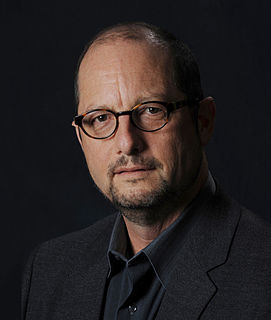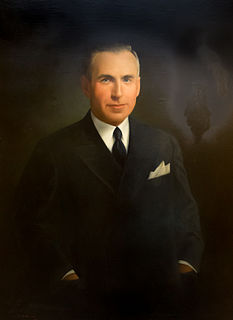A Quote by Cameron Sinclair
Through training, practice, and a deep sense of optimism, architects see opportunities where others only see a void. This has been the driving principle behind Architecture for Humanity since our founding.
Related Quotes
When I say: "I'm looking at you, I can see you", that means: "I can see you because I can't see what is behind you: I see you through the frame I am drawing. I can't see inside you". If I could see you from beneath or from behind, I would be God. I can see you because my back and my sides are blind. One can't even imagine what it would be like to see inside people.
When the old way of seeing was displaced, a hollowness came into architecture. Our buildings show a constant effort to fill that void, to recapture that sense of life which was once to be found in any house or shed. Yet the sense of place is not to be recovered through any attitude, device, or style, but through the principles of pattern, spirit, and context.
When we see the need for deep change, we usually see it as something that needs to take place in someone else. In our roles of authority, such as parent, teacher, or boss, we are particularly quick to direct others to change. Such directives often fail, and we respond to the resistance by increasing our efforts. The power struggle that follows seldom results in change or brings about excellence. One of the most important insights about the need to bring about deep change in others has to do with where deep change actually starts.
When we give thanks in all things, we see hardships and adversities in the context of the purpose of life... We are meant to learn and grow through opposition, through meeting our challenges, and through teaching others to do the same... the Lord will not only consecrate our afflictions for our gain, but He will use them to bless the lives of countless others.







































